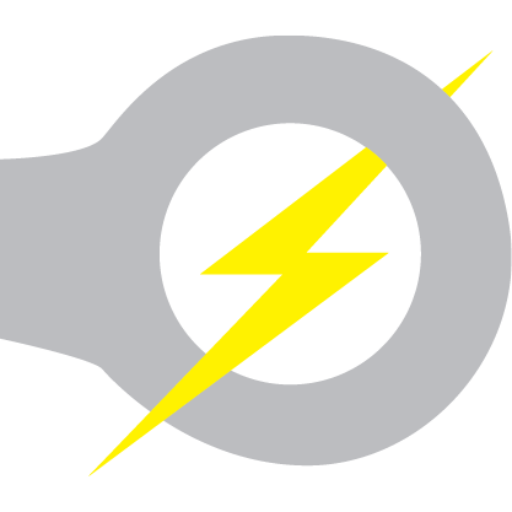All the information you need about your Hi-Line Benefits
BENEFITSBenefits Enrollment Guide
HSAHEALTH SAVINGS ACCOUNT
Think of an HSA as a medical IRA or 401(k) savings plan designed to compliment your health plan. Deposits are tax-free and your money grows tax-free. You can withdraw funds for qualified medical expenses anytime–tax free. However, your HSA savings account must be paired with a qualified health plan like the one Hi-Line is offering.
The HSA allows you to use tax-free dollars to pay for medical expenses you incur such as the medical plan deductible, dental expenses, vision care, glasses and contacts. When you have a high deductible health plan (HDHP), you are not required to set up the HSA. However, you can set aside money in a tax-free account to pay your health care costs that are not covered by insurance. You may use your HSA for a spouse or dependent not covered under your health plan.
When you enroll for the HDHP medical plan and decide to set up the HSA account, you determine the amount to set aside through payroll deductions. This money is deducted from your pay on a pre-tax basis and deposited into your account with Discovery Benefits. Your funds start out in an interest-bearing FDIC insured cash account.
You will receive a VISA debit card for your HSA account with Discovery and you may use the debit card to pay out of pocket health care expenses. Your account will be charged a monthly fee of $2.00 until your account balance reaches $1,500, then the fee is waived.
Any funds in your account at the end of the plan remain yours, allowing you to grow your funds over time. Interest or investment return over the life of the account is tax free. Your HSA savings is your money forever. Even if you are no longer an employee of Hi-Line, your HSA savings is yours.
You may pull out your funds from the HSA to use for other purposes but you will pay a 20% penalty and taxes on the money you had saved pre-tax. At age 65, you can use your HSA funds however you choose without a penalty. The money used for non-medical expenses will be treated as taxable income but there is no penalty. Once covered by Medicare, you can no longer contribute new funds into your HSA but you can withdraw funds to pay for qualified medical expenses or use as desired.
No problem, you can keep your HSA savings for out of pocket expenses that are not covered by your plan but you will no longer be eligible to make additional deposits into your HSA savings account. You must be enrolled in a high deductible HSA qualified plan in order to make contributions to your HSA savings account.












